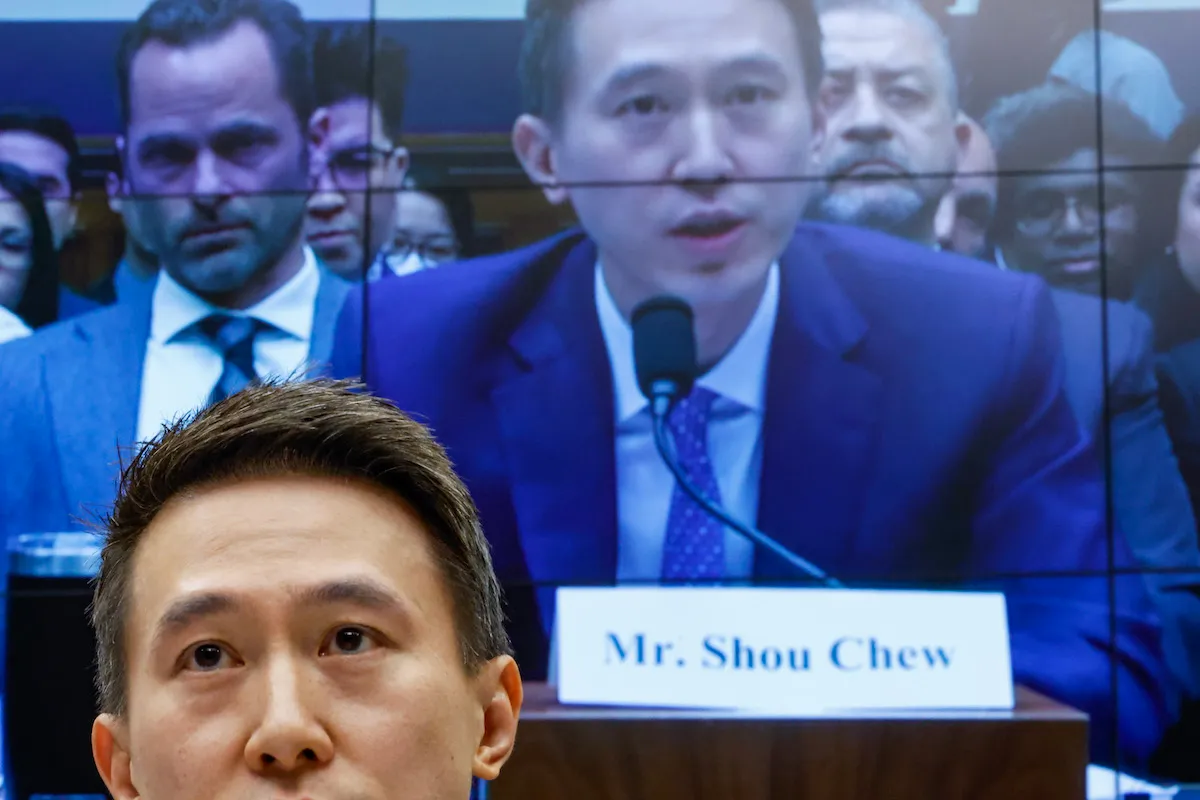On March 7, Senate Republicans introduced Senate Bill 686, the “Restricting the Emergence of Security Threats that Risk Information and Communications Technology” Act, a.k.a. the Restrict Act, to Congress. Since its introduction, the bill has repeatedly been cited as just a TikTok ban, but it actually goes much further than that. It’s essentially government nationalization of the Internet and it goes after everything that contributes to individual people’s freedom and safety online.
TikTok has been under congressional scrutiny for years because it is owned by Chinese firm ByteDance, and laws in China require ByteDance to make user data available to the ruling Communist party. Several US lawmakers have called for a blanket ban of the app, which is already banned on federal government devices and several dozen public university networks.
The Restrict Act would address this, but it would also give the US commerce department the ability to ban any platform with links to foreign governments. Democratic Senator Mark Warner of Virginia, chair of the Senate select committee on intelligence, told CBS’s Face the Nation on Sunday that Senate Bill 686 has gotten support from 11 Republicans and 11 Democrats, including himself. He also said he believed the White House is “very in favor” of the bill.
This is particularly chilling because the bill gives appointed lawmakers the ability to ban any app that comes from a foreign country if that country’s government has “engaged in a long-term pattern or serious instances of conduct significantly adverse to the national security of the United States or the security and safety of United States persons.”
Basically: If the appointed committee doesn’t like another country, it can ban any apps that come into the US from that country. Transparency into the committee overseeing these bans is outside of any Freedom of Information Act request, and the committee can also monitor any US person using the Internet no matter how they access it, whether via a mobile, wireless, home, or public network. If someone uses a VPN to access content that is blocked by the committee, that person could be labeled a threat to national security and face up to 20 years in federal prison or be fined up to $1 million.
One Reddit user calls the Restrict Act “essentially PATRIOT 2.0” and writes, “We should all be concerned about the vague and boundless wording of the bill which would enact this ban.”
The Patriot Act was passed by an overwhelming bipartisan margin just 45 days after the terrorist attacks on 9/11, and it altered surveillance laws to make it easier for the US government to spy on its citizens in the name of national security. The Patriot Act expanded the government’s authority to monitor phone and email communications, collect bank and credit information, and track Internet usage.
The Restrict Act would expand this authority even further, allowing the US government to censor individual social media posts, revoke Internet access, and more. Citing it as merely a TikTok ban buries the much more damning language of the bill and makes it seem frivolous for anyone who doesn’t care about the app. However, the Restrict Act affects everyone in the US and if it passes, things will get very scary, very fast.
(featured image: Chip Somodevilla/Getty Images)









Published: Mar 29, 2023 01:12 pm